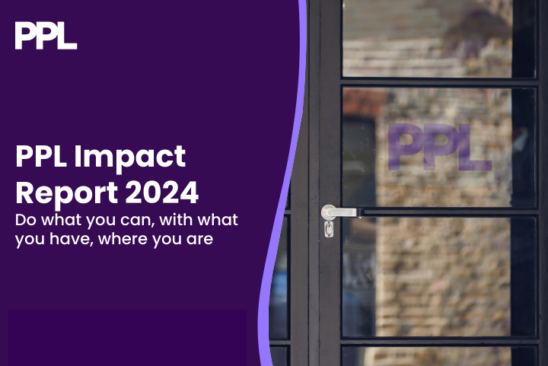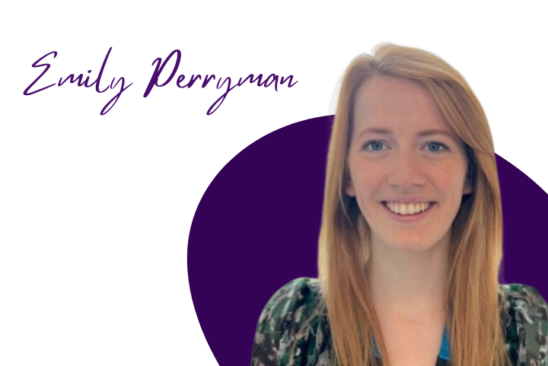Authors
In her blog, Emily Perryman, Senior Consultant at PPL, writes about her experience with Action Learning Sets and how they inspire her to find the right course of action.
When I was a fresh NHS grad schemer, I was introduced to Action Learning Sets (ALS), and I’ve been hooked ever since. ALS are small groups that work, together with a facilitator, over a defined period of time to address work issues from members’ day to day roles. The group provides a balance of support and challenge to encourage members to find their own solutions. As a trainee I always looked forward to these days because they provided the space to think deeply and creatively about my role in a safe, judgement free environment.
That’s not to say they were easy. When discussing my work-based issues I was often challenged about perspectives I hadn’t considered, or what course of action I was conveniently ignoring. Similarly, trying to help another member through their problem, it was sometimes difficult to work out the right balance of challenge and support. ALSs often led to the biggest lightbulb moments, other times I was left reflecting on a question for weeks afterwards.
I remember being asked in a session once “what’s the right thing to do?”, and my heart immediately sank because I knew the right thing to do, but hadn’t wanted to acknowledge that to myself at the time. The ALS showed me that I knew the right course of action, and the group held me to account for that over multiple sessions.
Fast forward a few years and I was working as an operational manager in a busy Theatre department, having not been involved in any ALSs since that first group. I found myself craving a space to think creatively and differently outside of the daily rhythm of my role. It was at this point that I had the opportunity to train as an ALS facilitator for new NHS grad scheme trainees.
When going through the training, I realised that I had been using the skills developed through that initial ALS my whole career:
- Active listening and unpicking the root cause of someone’s work challenge
- Asking open questions to support someone to reach the solution themselves
- Striking the balance between constructive challenge and support
Becoming an ALS facilitator not only allowed me to intentionally implement these skills in my day job, but they gave me the headspace I was craving through supporting a group of new trainees.
When joining PPL, I was keen to continue my ALS journey and I used my volunteering leave to support a group of trainees through their second year of the scheme. As a facilitator you are in a unique position of understanding the potential of the ALS approach, and the privilege of helping a group work through their unique dynamic.
Almost all group members start off just wanting to give advice, and slowly get more comfortable asking open questions and holding the mirror up to their fellow set members; skills that are essential for future leaders of our health and care services. For me personally, the skills of ALS facilitation are now even more prevalent in the work that I do with PPL health and social care partners. We often work with teams to create headspace for creativity and deep thinking, while unpicking the root cause of a challenge and supporting subsequent actions.
If you are interested in ALS, want to hear more of me singing the praises of the approach or think you know a team who would benefit from a series of sessions, reach out via emily.perryman@ppl.org.uk.





